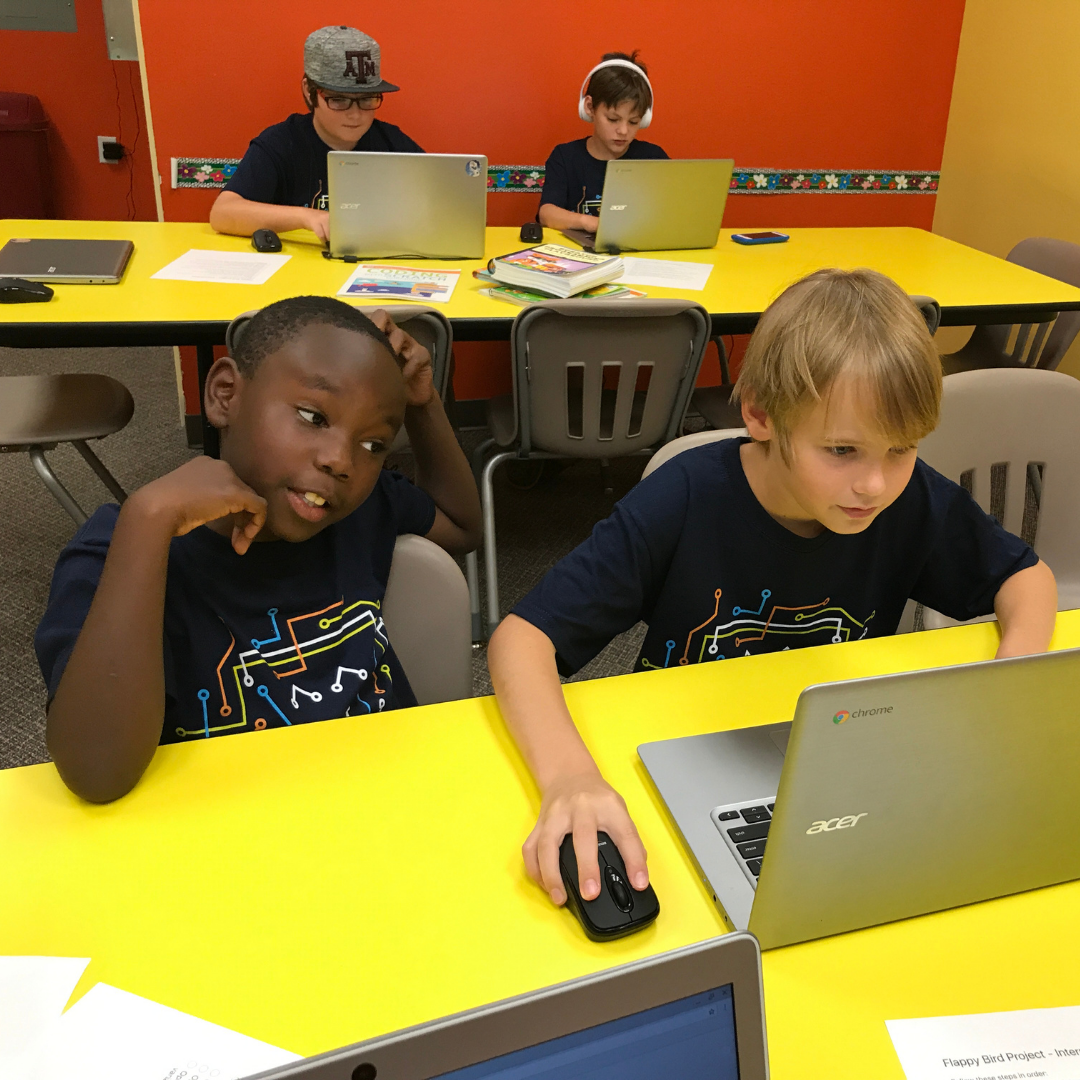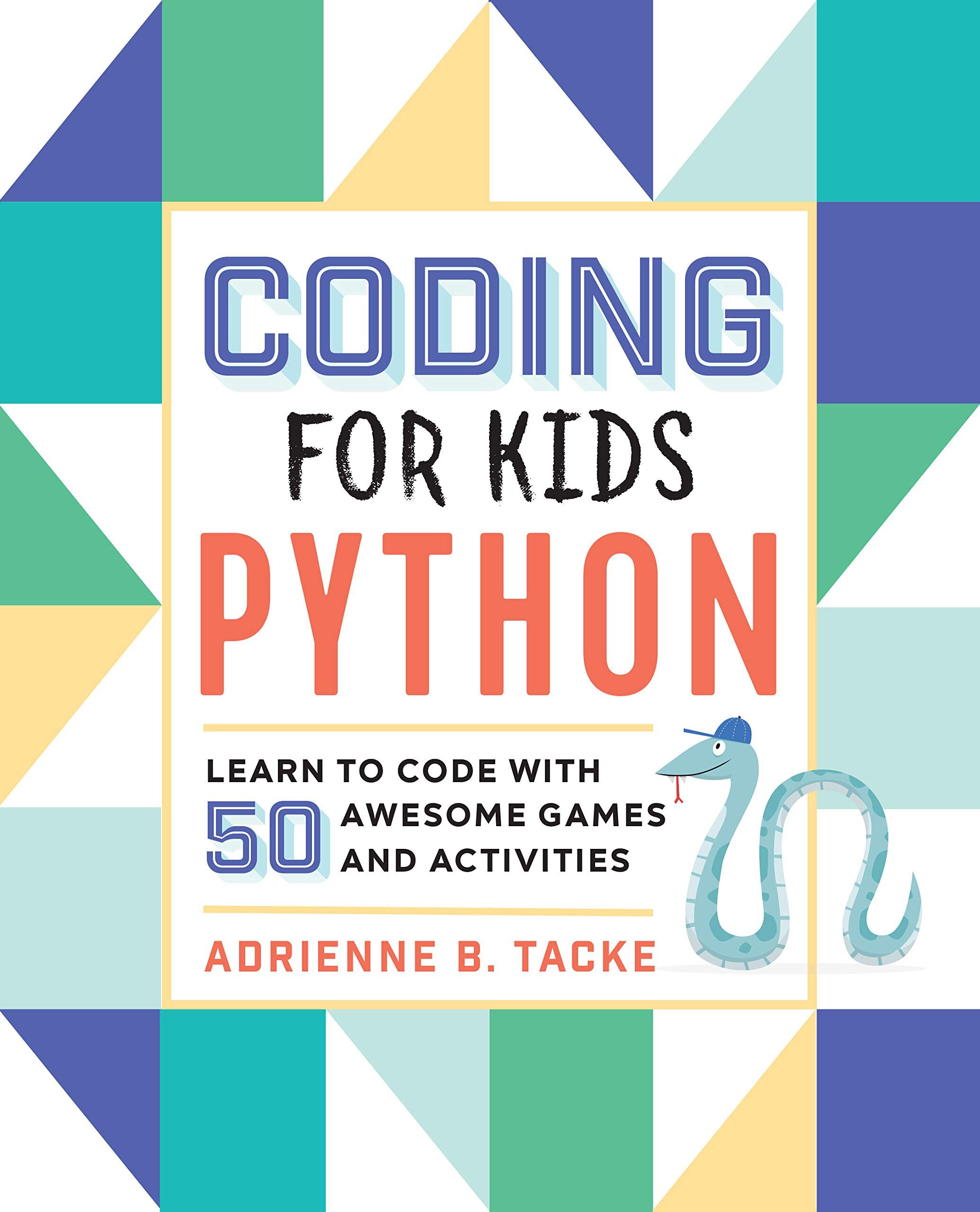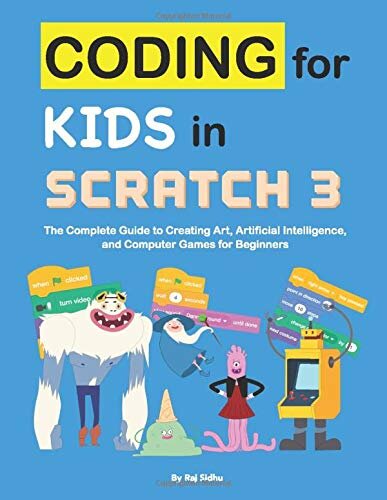How to Learn Coding (For Kids)
For information about Coder Kids classes and camps, including online coding and gaming topics, visit register.coderkids.com/onlineclasses.
Coding is all around us. We hear about it all the time - it’s in our phones, laptops, tablets, video games, etc. Kids are often curious about how things work, especiallly the things they like to play with. This often includes our phones, laptops, tablets, etc. How can kids learn about coding? Can they actually learn to code at a young age? And, how can kids learn coding if their parents don’t know anything about it?
Keep reading to find out!
Can Young Children Actually Learn to Code?
Yes! They definitely can! We’re not saying that your 4 year old will be able to code a viral video game next week, but kids (even young kids) can actually learn coding fundamentals and apply them to simple projects. For a more in depth look at why young kids should learn to code, click here. If you’d like more information about coding for 4 year olds, check out our blogpost, “Coding for 4 Year Olds”
How Kids Learn to Code
Kids learn to code just like adults do. They start with the basic principles, learn to apply them and keep going from there!
Start with the Basics
Let’s take a look at some of the most fundamental principles of coding and why they are important.
Logic
In coding, logic referes to the structure and arrangement of a task. For instance, if your task is to code a robot to walk from point A to point B, you could technically code the robot to go from point A to point C, spin around, go to point D, jump, and then finally go to point B. However, the most logical (most efficient structure and arrangement), is to code the robot to go from point A to point B in a straight line (with no extra stops, spins or jumps).
Decomposition
In coding, decomposition means breaking down a larger task into smaller, logical steps. This is a really important concept for coders to understand because a coder must tell the computer (or robot, or whatever you are coding) EVERY SINGLE STEP it must take. Even if the step seeems obvious to us, it’s not to the computer. The computer can only do what we tell it to do. So if we leave something out, it can’t do it. For instance, if we are coding the robot to go from point A to point B, but the robot will need to turn to the side to accomplish that task, we have to tell it do so: walk 3 steps forward, 1 side step to the left, 4 steps forward, etc.
Sequencing
Sequencing means the order in which you give your directions. Once your task has been broken down into smaller steps, they must still be given in the correct order. The computer can only do what we tell it to do, when we tell it to do it.
Patience
You might be surprised at how much patience learning to code requires (and coding in general). The ability to tolerate trouble/difficulty without getting upset or angry is a basic concept of coding because you will need to use it all of the time. Learning to code invlovles a lot of trial and error. Kids will have to be patient with themselves as they learn more and more. When children understand that mistakes in coding are normal, they can learn to slow down, look for solutions and to keep trying.
Without an understanding of these basics, kids won’t be able to move on in their quest to learn coding. Even the most complicated games require programmers who understand and apply logic, decomposition, sequencing and patience to their coding. Block coding, games and offline activities are a great place to start (We’ll talk more about those later).
After the Basics
Once kids have really begun to understand and apply basic fundamentals of coding, they can move on to more advanced projects, as well as more advanced coding languages. Kids generally move on to Scratch, where they can make some really cool games and animations. This is a great place for kids to focus on the fundamentals of coding, improve their skills, and explore their creativity.
After Scratch, kids generally move onto coding languages like Python, JavaScript and C++. These are text-based coding languages and are languages used by professional coders. Having experience with programs like Scratch is helpful (but not necessary) when kids learn these more complicated languages because they’ll already have a solid foundation of what coding is and its basic principles.
Tips for Parents to Help Their Kids Learn Coding
Covering the Basics
Here are a few programs and activities we think are a great way to introduce coding to kids. Each of these help kids learn the basics of coding in a fun, relaxed way.
Scratch JR is a free app and website designed specifically to introduce coding basics to young children. It’s designed for pre-readers, so it’s simple to learn and use. ScratchJR is a terrific way to prepare young kids so they are really ready to start using Sratch later. For more information on what youngs kids can learn with ScratchJR, checkout this blogpost.
Offline Activities
Offline activities are important to incorporate into your child’s coding journey, especially when they are young and just getting started. Offline activites teach kids how to code and about coding basics in a screen-free way. Including offline activites can provide variety, interaction and movement to kids who are learning to code. For some fun offline coding activites, click here.
Lightbot Jr. is a fun app that kids can use on a tablet or a phone. It’s a fun way for kids to learn about logic, sequencing and patience. Once they’ve mastered Lightbot Jr., they can move onto Lightbot (which can be challenging enough for adults!).
Keep Going
Alright, now for some of our favorite resourcies for kids to learn coding once they have had some coding exposure, know how to read and are ready for more!
Scratch is a programming languague designed by MIT to help kids learn how to code. It’s free to use and to set up an account. Scratch is a block-based language, but kids should be able to read in order to use it. Although Scratch is not a “professional” coding language, it’s a great way to introduce kids to more complex coding concepts. It teaches them the fundamentals of coding in a fun and creative way. For some cool Scratch projects, click here.
LIghtbot, like Lightbot Jr, is an app kids can use on a phone or a tablet. The puzzles are more difficult and complicated than on Lightbot Jr. It’s a fun game for kids to hone their logic and sequencing skills. This app has a ton of puzzles (that get harder as you go), that will work for kids (and adults) of all ages! Click here to learn about some Lighbot Cheats to help you get started!
Code.org is a free resource that offers coding lessons online for kids. Code.org has coding lessons for kids as young as 4, but because we think their lessons get difficult very quickly, we think kids who are a little older and can read really benefit from Code.org (For younger children, we’d reccomend having adult supervision in order to answer their questions). Kids work through different lessons, which increase in difficulty as they go. Kids can learn HTML, CSS and JavaScript. They also have Hour-of-Code, which offers quicker lesson options.
The Next Step
The options above are perfect to get kids started with coding at home (and for free, or a small price for the apps). At some point, your child may be ready for even more, a new coding language, or have questions that they can’t get answered by themselves in these programs. When that happens, there are a few options that you can utilize to help your child continue in their coding journey.
Free Coding Help
There are a lot of free ways kids can learn to code. There are plenty of youtubers, podcasts and blogposts that have helpful tips and explanations about a variety of coding topics Another great option for coding help when kids are diving a bit deeper is Khan Academy. They began offering coding courses for kids ages 12 and older, and have a wide range of topics to choose from.
Classes
Coding classes are a great option for helping kids really improve their coding skills. Classes provide students with instruction, social interaction, cool projects, and a knowledgeable teacher there to answer questions and help them problem solve. In coding classes, kids can work on their skills and express their creativity through their projects. The challenges provided by a quality coding class can help kids develop and sharpen their coding abilities, as well as improve their communication and problem-solving skills and their paitence. You can find in-person and online coding classes for kids that cover a wide variety of topics.
Private Tutoring
Private tutoring in coding is another great option for kids who are ready to take their skills to the next level. A private tutor offers live, 1-on-1 help and direction. Coder Kids offers private in-person, as well as online private turoring. Besides getting more attention and feedback from the instructor, another benefit of private tutoring is that the lessons can be tailored to your child’s specific interest and skill level. With private tutoring you can decide what the lessons are about, and instructors have more felixbility with the topics they cover and the pace at which they move.
Summer Camps
Summer camps are another fun way to help kids learn how to code. You can find coding summer camps that are in-person or online, and there are a ton of different subjects to choose from. Summer camps are typically a week long (Monday-Friday) and can either be full or half days. They are a terrific opportunity for kids to make friends, keep learning, and have fun during the summer break!
Conclusion
How do kids learn coding? Kids can start off with a variety of free and paid programs and apps to begin their coding journey. You can even use offline games and activities to learn coding. Kids will enjoying learning to code when it’s done in a fun way, with a variety of methods.
Learning to code is a process, whether you’re a child or an adult, and it all starts with learning the basics. Once you’ve got the basics under control, you can move on to more complicated projects and coding langauges. Coding classes, private tutoring and summer camps are a fun way to help kids take their skills to the next level!
Here at Coder Kids, we love teaching kids to code. Let us know if you have any questions! Happy Coding!
As an Amazon Associate, Coder Kids earns from qualifying purchases.























